When you think of perfect skin, some celebrities come to mind. Lupita Nyong’o, Selena Gomez, Jennifer Lopez, and Kerry Washington all have one thing in common. Ok, maybe not just one thing. After all, they are celebrities and remarkable women in the entertainment industry. But, they also embody beauty, style, and of course, glowing skin.
One of the best ways to keep away signs of aging and bring back the glow to your skin is by moisturising well and wearing daily SPF. In case you are layering your SPF already, read on to discover the benefits and considerations when choosing the best moisturiser for your skin type.
You’ll also like this:
The Best 12 Aluminum-Free Natural Deodorants That Actually Work
How to Get Into Clean Skin Care and Makeup During Lockdown
Stay-At-Home Staples Your Wardrobe Needs Right Now
Understanding the Science of Moisturising
One of the lessons cosmetology students learn is the importance of timeless skin care routines. Such include cleansing, moisturising, and the importance of sunscreen.
The science behind the process of moisturising is simple. Your outer skin has some basic functions. The most critical is protecting the skin from irritation or inflammation. It also serves the purpose of maintaining the deeper skin layers in a state of hydration.
The good news is that different components like ceramides and fatty acids play their part in maintaining your skin in good condition. But, you need to use the right moisturiser to get the best results.
Benefits of Using a Moisturiser for your Skin Type
It doesn’t matter whether you have oily or dry skin. It is important to have a good regime in place to get benefits such as:
- Not having to deal with dry skin, no matter the weather
- Moisturising keeps away signs of aging. A cursory search of how celebrities maintain youthful appearances will most likely bring up moisturising. So, even if you have not been keeping up with it, start now, if possible.
- Moisturising is fantastic for fighting acne. Acne is a result of the body producing oil to combat dry skin. Too much oil will clog the pores resulting in serious breakouts. With proper hydration, the body will no longer need to produce extra oil.
- Ingredients in some moisturisers like chamomile and Aloe Vera can help soothe sensitive skin.
How to Choose the Right Moisturiser
There are some things you need to have in mind when choosing the best moisturisers.
1. Understand Your Skin Type
Your skin type is the most critical consideration when buying moisturiser. It will affect whether you buy:
- A cream, or lotion. Dry skin requires that you lock in quite a bit of moisture. That means a thick creams would be your best option. Also, lotions or oil free creams work well for normal and oily skin.
- Sensitive skin will work well with fragrance-free and hypoallergenic moisturisers. Avoid too many ingredients due to allergic reactions.
- Itchy skin can benefit from fragrance-free creams. But it is important to get guidelines on usage from your doctor.
- If you suffer from eczema check first with your GP.
2. Sunscreen Protection
Look for a moisturiser that contains sunscreen. Check for a minimum rating of SPF 30 and broad-spectrum protection. It will protect you from the harmful effects of UV rays.
3. Read the Ingredients List
Do not fall for the hype that the more ingredients, the better the moisturiser is. Additions like perfumes, colours, shea butter and even mineral oil can cause more damage than good, especially if you suffer from sensitive skin, acne, or eczema.
CF Team Favourites Best Face Moisturisers
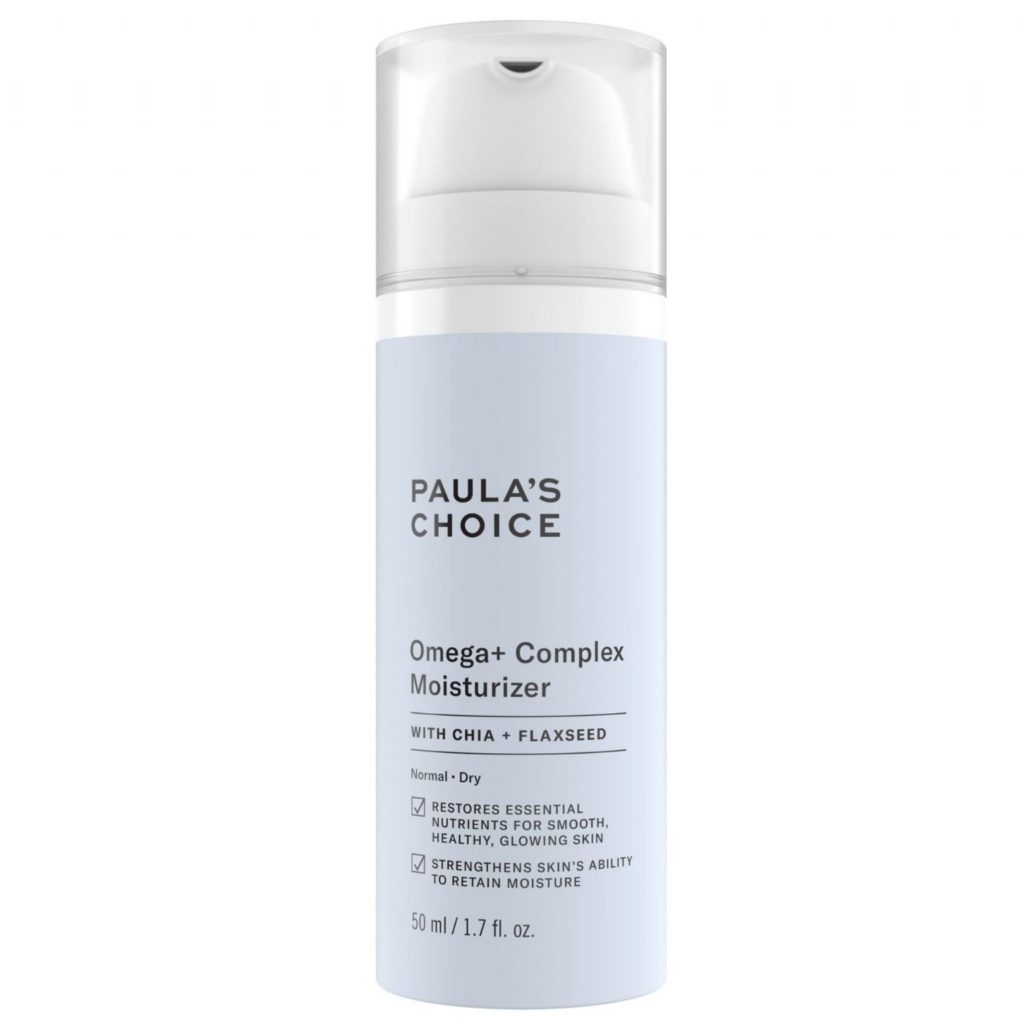
Best Overall
Paula’s Choice Omega+ Complex Moisturizer
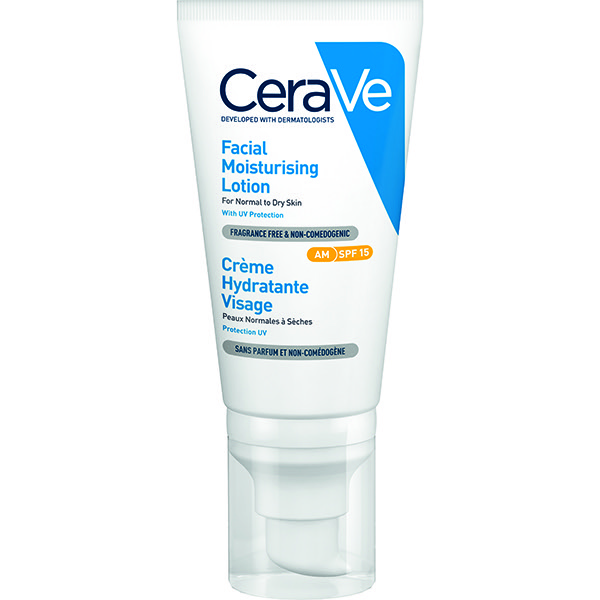
Best Drugstore
CeraVe Facial Moisturising Lotion SPF 15
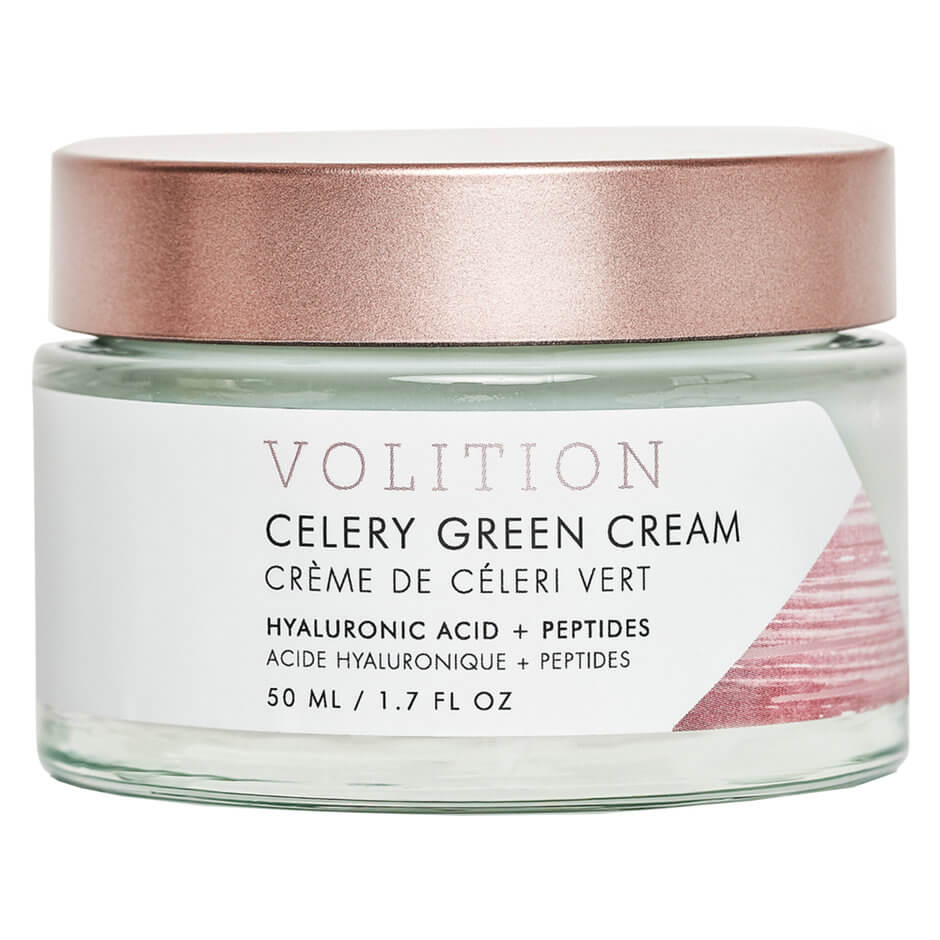
Best for Oily Skin
Volition Beauty Celery Green Cream
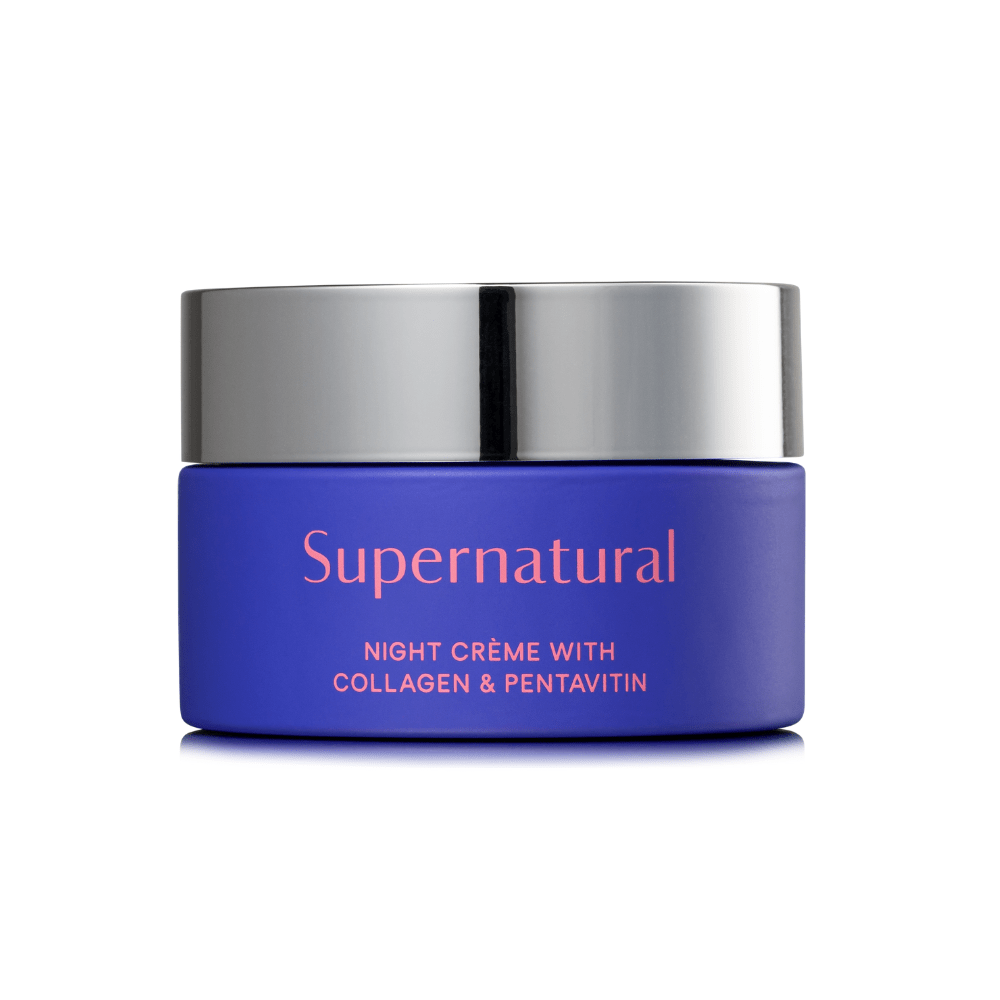
Best for Dry Skin
Emma Lewisham Supernatural Collagen Boosting 72-Hour Hydration Crème Riche
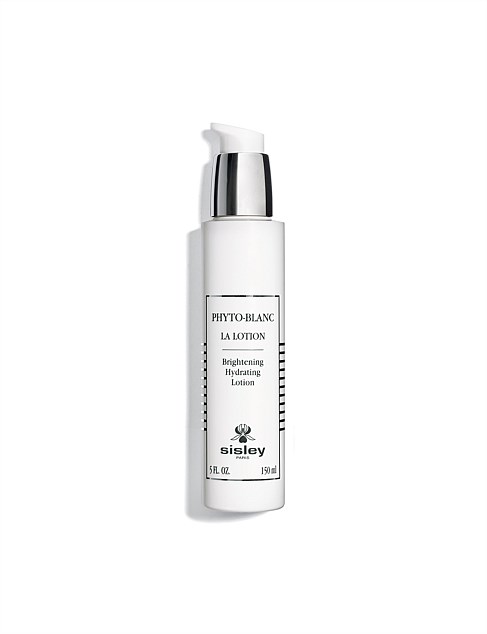
Best for Pigmentation
Sisley Phyto-Blanc Brightening Hydrating Lotion
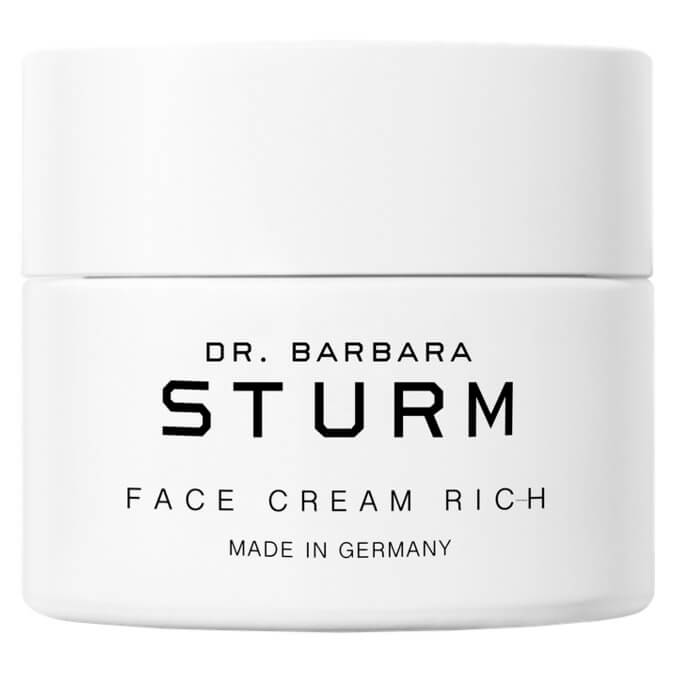
Best for Very Dry Skin
Dr. Barbara Sturm Face Cream Women – Rich
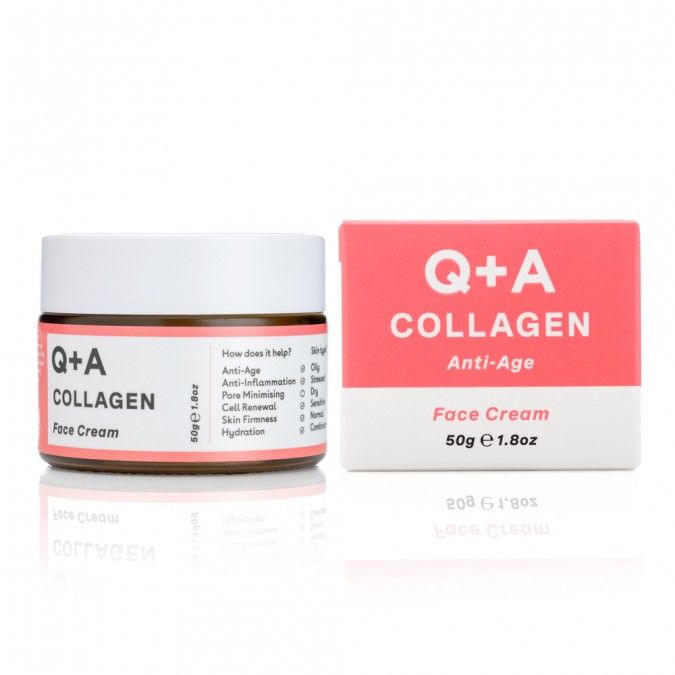
Best on a Budget
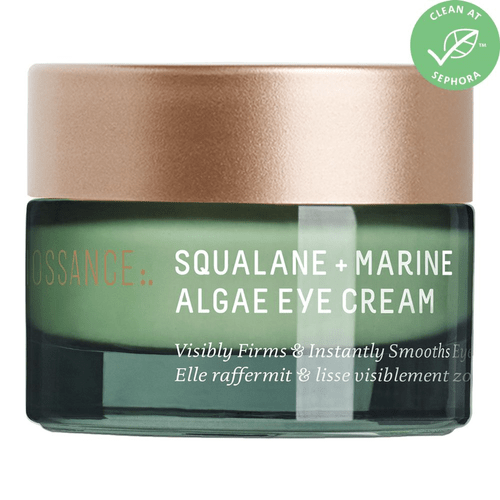
Best Moisturiser for Acne
Biossance Squalane + Probiotic Gel Moisturizer
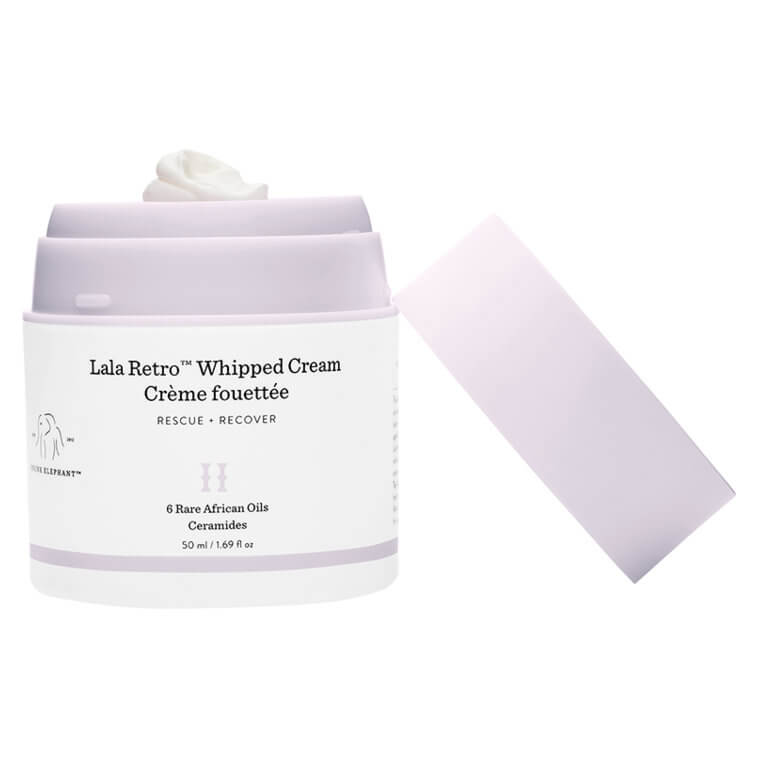
Best Fragrance Free
Drunk Elephant Lala Retro™ Whipped Cream
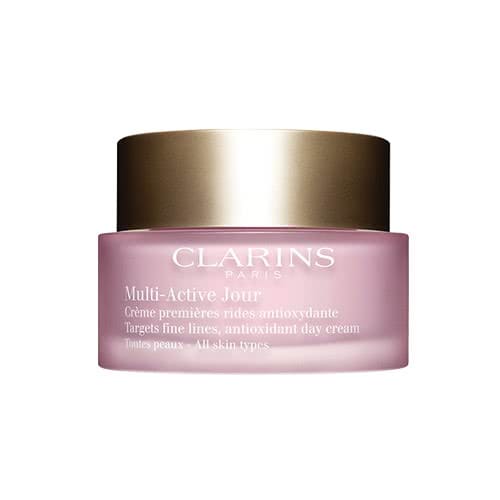
Best for Dull Skin
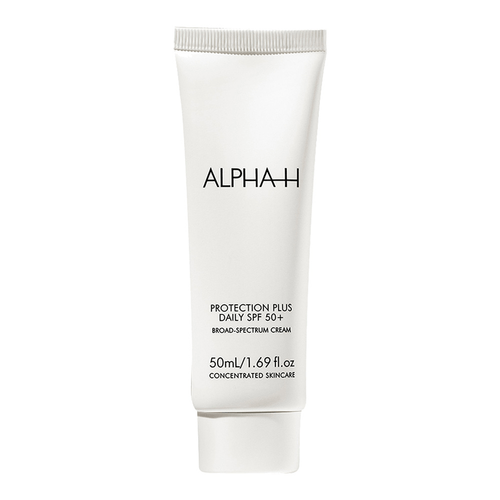
Best with SPF
ALPHA-H Protection Plus Daily Moisturiser SPF 50+ with Pomegranate Seed Oil
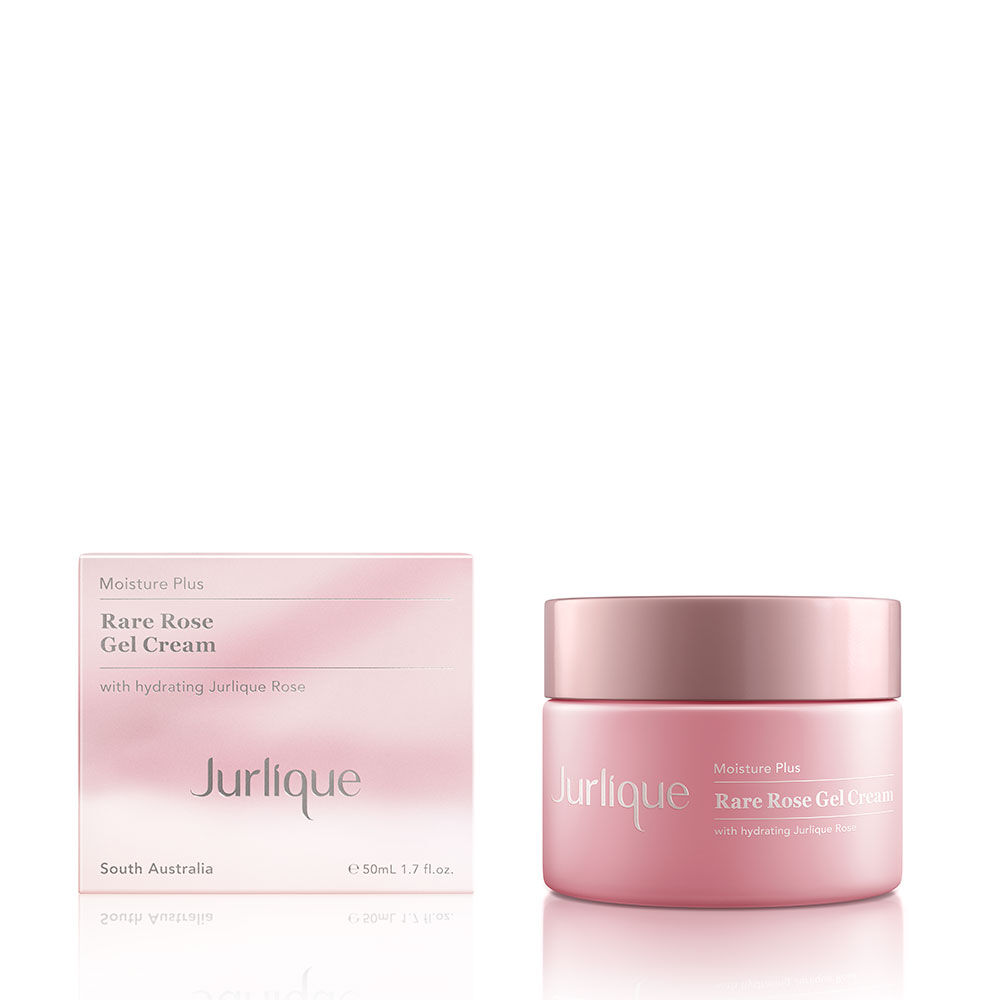
Best Lightweight
Moisture Plus Rare Rose Gel Cream
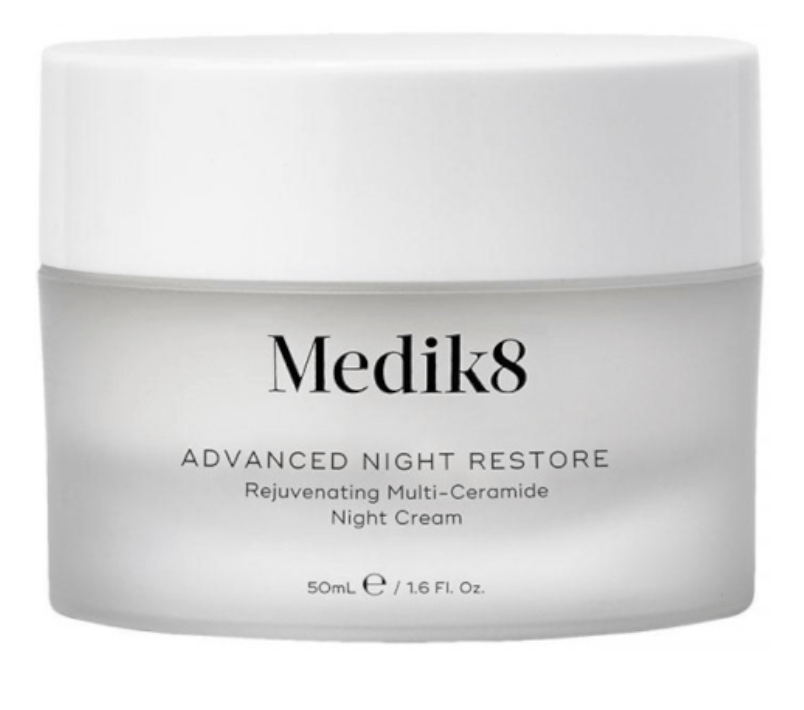
Best for Mature Skin
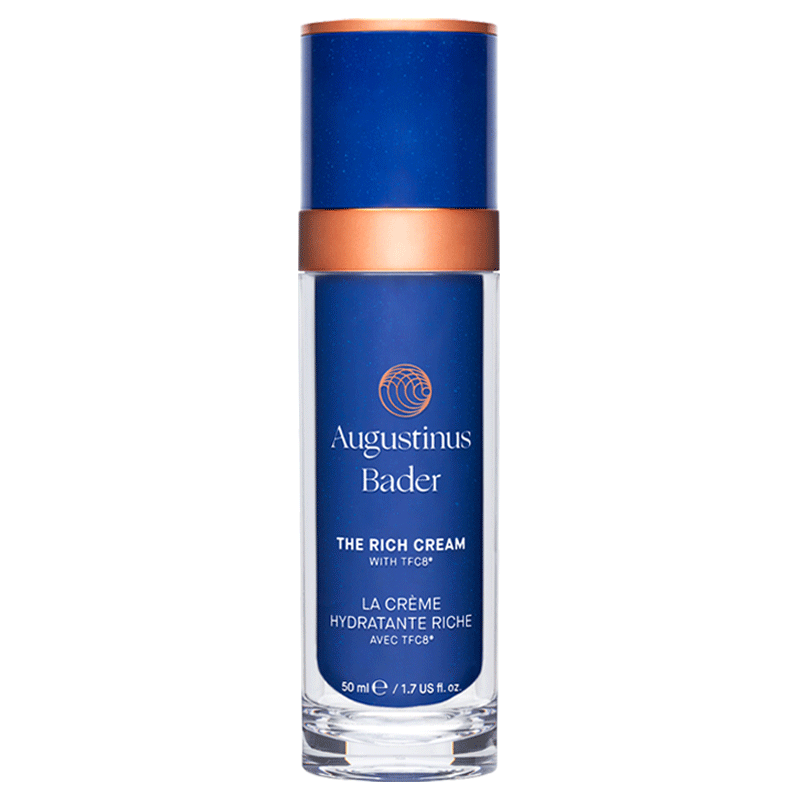
Best Boujie Moisturiser
Augustinus Bader The Rich Cream
Best Practices When Using Moisturisers
Do take note of the following to get the most out of your moisturising routine.
- Clean the skin thoroughly, but do not let it dry completely, before applying your favourite moisturiser. The skin absorbs the product better while still is in a damp state.
- Technique matters. Apply the moisturiser using upward, gentle strokes. Avoid pulling or pressing down on your skin.
- Carry out a patch test before using any new cream or moisturiser. Apply a small amount of the product to the inner arm skin. Leave it up to 24 hours to see if there is any reaction.
- Oily skin doesn’t mean you don’t need a moisturiser. As the sebum only covers the surface, while the moisturiser adds water molecules to your skin.
- Any foundation or makeup should go on top of the moisturiser.
Final Thoughts
One of the secrets to glowing beautiful skin is to keep it hydrated and moisturised. It is an effective way to maintain healthy skin cells and protects from irritation and inflammation.
Moisturising is a little step that you need to do daily. Even if you did not start from an early age, make it your routine from today. However, keep in mind that what will work for your skin type may not work for another. So, choose the right product by taking the time to understand your skin.
Read the ingredient list and avoid those that have too many extras or toxic ingredients. It is also a good idea to consult a dermatologist for advice.
You’ll also like this:
The 9 Best Serums For Oily Skin
How Dyson’s New Flyaway Attachment Does Away With Bad Hair Days

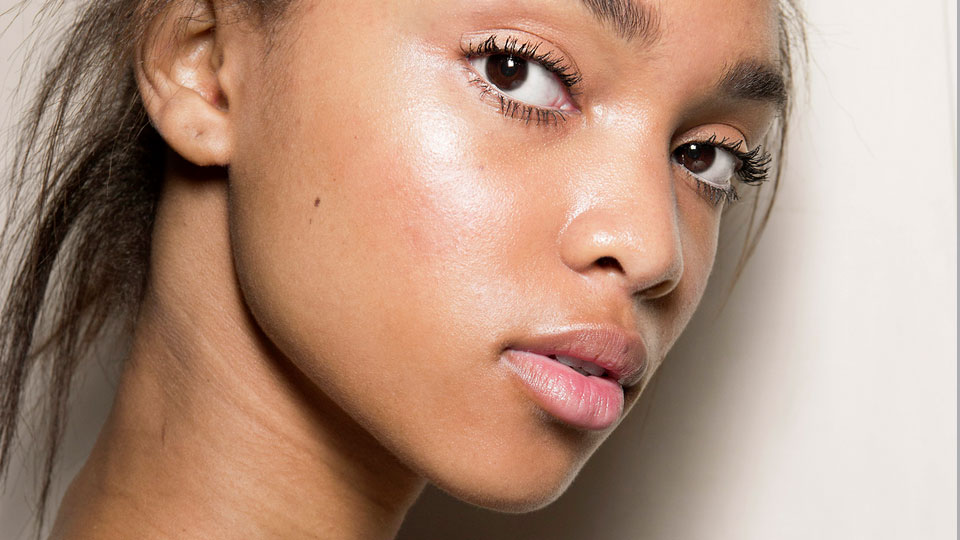






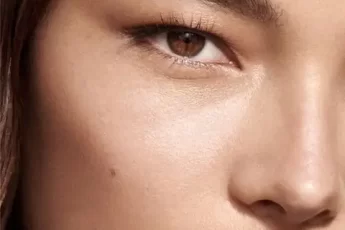
Leave a Comment